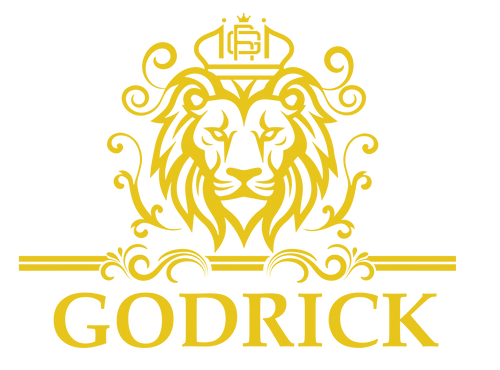Nourishing the Body: Nutritious Foods and Supplements Play a Crucial Role
It is impossible to overestimate the significance of eating healthful meals and supplements in today’s fast-paced environment, where convenience frequently takes priority over nutrition. Although our bodies are quite resilient, they still need the correct food to perform at their best. Unfortunately, a lot of us don’t provide ourselves enough of the vital nutrients we need to survive.
The Problem of Poor Nutrition
Improper eating habits have become all too typical in modern culture, contributing to an increase in a variety of health conditions such as obesity and diabetes, as well as heart disease and deficiencies. Processed foods high in refined sugars, harmful fats, and artificial additives have become common in many diets, replacing nutrient-dense natural foods such as fruits, vegetables, lean meats, and whole grains.
Besides, busy schedules sometimes leave little time for food preparation, leading people to choose easy but nutritionally inadequate options. As a result, many people suffer from micronutrient deficiencies, even in prosperous societies with plenty of food.
The Effects of Nutritious Diets
Eating a diet high in complete, nutritious foods has numerous advantages. Vitamins, minerals, antioxidants, and fibre—all of which are present in fruits and vegetables—are essential for maintaining general health. These foods can strengthen immunity, lower the risk of chronic illnesses, encourage good digestion, and improve cognitive performance when consumed in large quantities.
Similarly, consuming lean proteins from foods like fish, chicken, lentils, and tofu gives the body the vital amino acids it needs for hormone production, muscle repair, and cellular function. Whole grains include fibre to improve digestive health and control blood sugar levels, as well as complex carbohydrates for a prolonged energy release.
The Role of Supplements
All the nutrients our bodies require should ideally be provided by a well-balanced diet, but several factors can prevent us from getting enough nourishment from food alone. Food processing techniques, lifestyle choices, and personal health issues can all affect the absorption and utilisation of nutrients. Here’s where nutritional supplements help close the gap. A balanced diet can be enhanced with high-quality supplements, which offer high quantities of particular vitamins, minerals, and other necessary nutrients that may be deficient in food. For example, vitamin D supplements are essential for those who don’t get much sun exposure, and omega-3 fatty acids are good for people who don’t eat much fish.
Achieving a Balance Diet
Achieving a balance between getting your nutrients from natural foods and supplements as needed is important. Supplements shouldn’t be thought of as a replacement for a healthy diet, even if they might be useful tools for supporting certain health objectives or correcting particular deficits.
Furthermore, not every supplement is made equally. Selecting supplements supported by scientific research and reputed brands that meet strict quality requirements is essential for ensuring safety and effectiveness.
In today’s busy world, maintaining maximum wellness and health requires making healthy foods and supplements a priority. We can support our bodies’ fundamental ability to survive and prevent sickness by feeding them nutrient-rich whole foods and wisely supplementing when necessary. Investing in our health now will pay off in the form of increased energy and longevity.


